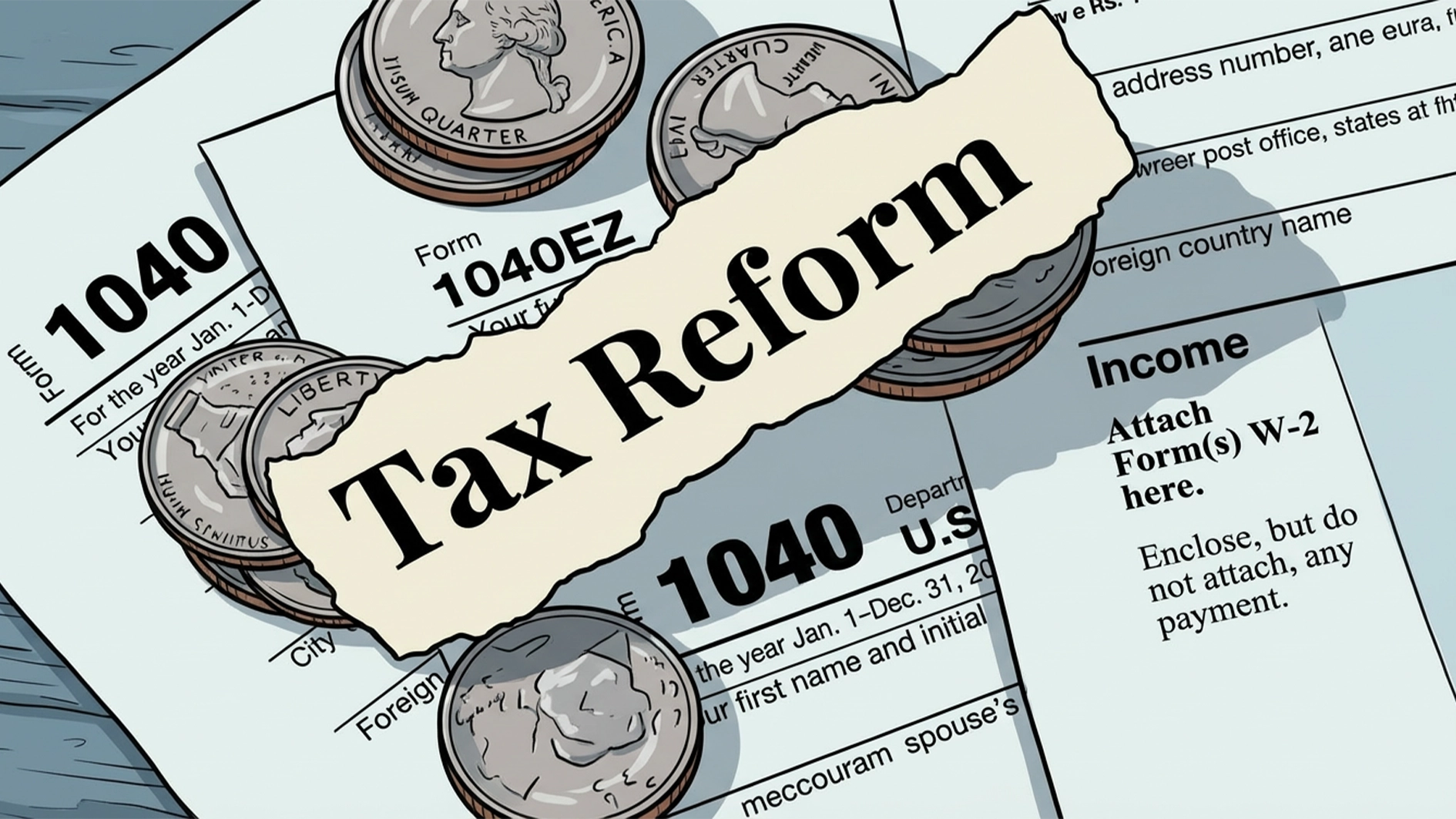Sell pressure persisted on the equities sector of the Nigerian Exchange Limited (NGX) as investors lost over N1 trillion yesterday, amid heightened geopolitical tensions and deepening uncertainty surrounding the nation’s fiscal policy environment.
At the close of transactions yesterday, the market capitalisation depreciated by N1.306 trillion to N95.664 trillion from N96.970 trillion at which it closed for transactions on Tuesday, November 4, 2025. Similarly, the All-Share Index, which measures the overall performance of quoted companies, declined from 152,629.61 points to 150,573.87 points, representing a loss of 2,065.74 points or 1.4 per cent.
Operators described the session as one of the most volatile in recent weeks, with widespread sell-offs across major sectors as both local and foreign investors reacted cautiously to global and domestic developments.
The downturn was broad-based, with heavy losses recorded in the banking, industrial goods, and consumer goods sectors, as investors sought safety in fixed-income instruments and alternative assets.
Overall, the market recorded 15 gainers against 46 losers .C&I Leasing and Transnational Corporation of Nigeria (TransCorp) topped the losers’ chart in percentage terms, dropping by 10 per cent each to close at N5.58 kobo and N45. Skyavn trailed with a loss of 9.99 per cent to N80.60 kobo. Betaglass down by 9.99 per cent to N393.70 kobo. RTBriscoe fell by 9.92 per cent to close at N3.18 kobo.
The market also showed a generally bearish trend on the sector’s indices, with the banking, Insurance, Oil & Gas, and Commodity indices all recording declines of 0.19 per cent, 0.08 per cent, 1.02 per cent, and 1.16 per cent, respectively.
Meanwhile, the Industrial Goods and Consumer Goods sectors posted modest gains of 0.22 per cent each. Operators lamented the renewed bearish momentum in the market, describing it as a reflection of investors’ growing anxiety over policy inconsistency and the absence of a clear economic direction from fiscal authorities.
They cited former U.S. President Donald Trump’s controversial post on his Truth Social platform, coupled with rumours of a failed policy proposal and an alleged 30 per cent capital gains tax on equity investments, as major factors that triggered panic selloffs on the local bourse.
The operators noted that the speculative nature of the reports, amplified by social media and investor chatrooms, deepened anxiety among traders and fund managers, leading to massive offloading of shares to avoid further losses.
According to them, the development underscores the fragile nature of Nigeria’s capital market, which remains highly sensitive to both domestic policy pronouncements and external shocks. They warned that unless the government provides clear fiscal guidance that would help address the recent geopolitical tensions and other macro-economic concerns, investor sentiment may remain subdued in the short to medium term.
The operators also pointed out that while the current dip may present entry opportunities for long-term investors, sustained recovery would depend largely on policy clarity, improved macroeconomic indicators, and the restoration of investor confidence through coordinated fiscal and monetary interventions.
They also urged regulatory authorities to intensify market education and swiftly debunk misleading information that can trigger unnecessary panic among investors.
President of the New Dimension Shareholders Association of Nigeria, the loss of over N1 trillion in market value within a single trading session reflected a deep and fundamental reaction from investors.
He explained that financial markets are never isolated from global economic and political developments, and recent statements by the President of the United States, suggesting a possible invasion of Nigeria, have understandably triggered concerns among investors.
Such threats, he noted, cannot be dismissed lightly, as investors naturally prioritise the safety and security of their capital.






